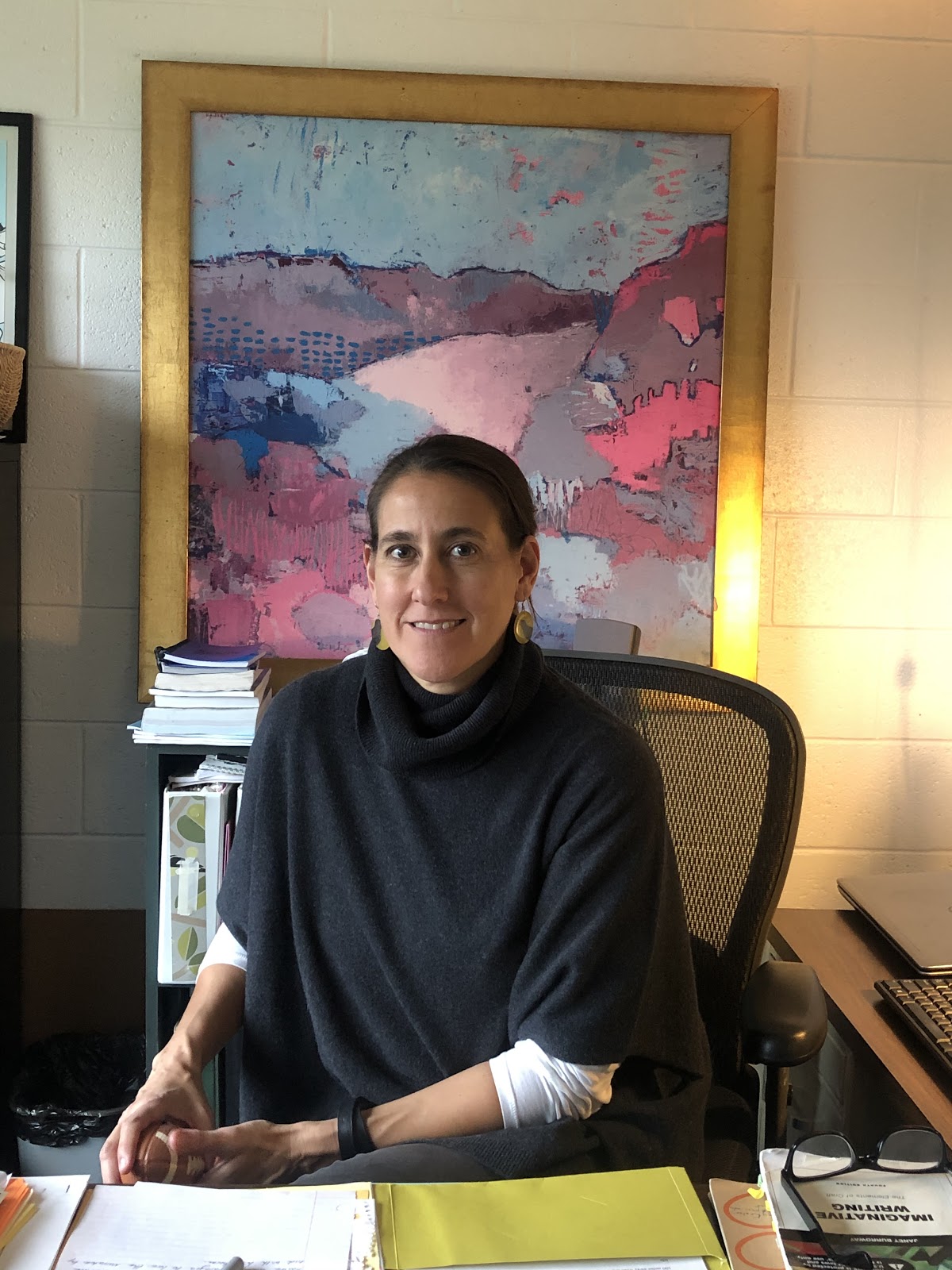
Deliberative Dialogue Tackles Tough Issues
On Oct. 23, the North Mall Meeting Room on campus was filled with students who came to voice their opinions on one of America’s most touchy subjects: gun control. The students were divided into five groups, each led by a volunteer student moderator who had been trained in the proceedings. Some students had their opinions and were prepared to debate them, that is, until the faculty leading the event opened the discussion by explaining that they were not here to debate their points.
“Deliberative Dialogue is not a debate where you risk relationships; it is a discussion where you build relationships by understanding where people with opposing views are coming from,” said PVCC Professor of English & Writing Center Coordinator Jennifer Koster, an organizer of the event. Koster presented a PowerPoint that informed the participants of how this discussion would be structured by laying out the rules, the issue to be discussed, and the three possible solutions to be weighed by each group.
The rules laid out by the facilitators ensured the environment was one of understanding, learning, and respect. Students were encouraged to remain open and engaged during the event.
As the discussions commenced, students began engaging with each option. From realizing the benefits of some options they had not considered, to respectfully challenging the claims made by their fellow peers, each student had the opportunity to expand their understanding of the topic at hand.
There were several instances where students disagreed, but rather than attack each other’s character and motives, they explained their opposition and commended the other participants for the validity of their arguments.
Once the individual groups had concluded their independent discussions, they reconvened to reflect on the issue as an entire body.
“Let’s go around and discuss which options each group connected with the most,” said Koster as everyone reassembled. When the time came for each group to present the solution they had come to accept, this reporter, who served as a group moderator, was shocked to discover that each group reported vastly different conclusions. While no one answer is right or wrong, each student made points and compromised with their peers which led to a room of unique viewpoints and diverse conclusions.
After the event, participants filled out a short survey in which many students reported walking away with a broader understanding and an appreciation for the event.
“The goal is to provide a healthy environment for students to voice their opinions and listen to others; we hope these students will be inspired to attend future dialogues,” said Koster. She said the school hosts a Deliberative Dialogue once a semester, and the next is to be scheduled in March.







